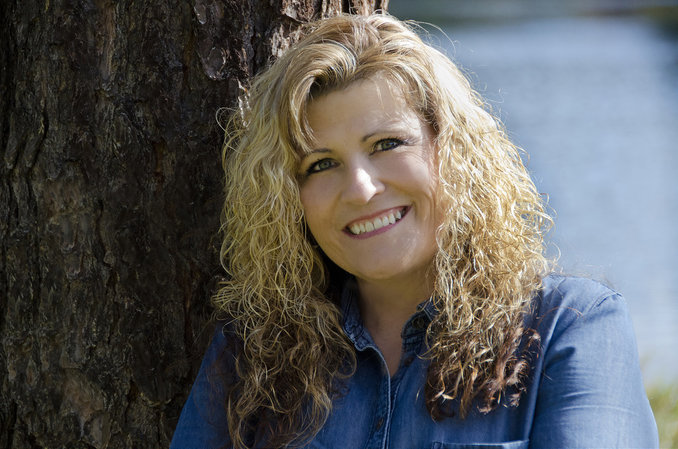
Menopause is an important stage in every woman’s life. As a transition to later adulthood, menopause brings many changes to the body, hormones, and emotions. Menopause occurs when the ovaries have stopped functioning, resulting in the end of the menstruation cycle. There are two types of menopause:
- Natural menopause: Occurs naturally when a woman is around 50 to 51 years of age. The process starts when a woman has not menstruated for a year.
- Premature menopause: Occurs mostly as a result of treatment for another illness. The process starts when a woman is around 40 to 45 years of age as a result of the ovaries ceasing to function prematurely. This condition is called primary ovarian insufficiency. Premature menopause occurs mostly in women who have received cancer treatment, including radiotherapy or ovarian surgeries. A surgery which removes both ovaries (called surgical menopause) will result immediately in premature menopause.
Symptoms of menopause
Symptoms of menopause include:
- Hot flashes on the upper body, including chest, cheeks, and neck. These hot flashes can last from one to five minutes. Sometimes, it can be accompanied by sweats and chills.
- Dryness of the vagina and inability to hold your bladder while coughing or sneezing
- Decreased sex drive
- Trouble sleeping, including waking up in the middle of the night and waking up too early
- Mood swings, including getting angry or frustrated with seemingly no reason. Some women experience dizziness or become forgetful or depressed.
- Change in body shape, which might include a gain in body fat and a decrease in muscle strength and metabolism
- Dryness of skin which can result in itchiness, scabs and rashes. Some women might experience their hair turning dry, thinning of their hair, or hair loss
- Pain in the muscles and joints
- A decrease in bone quality
Women going through menopause should eat foods from all five food groups, especially foods with high levels of calcium such as milk, yogurt, nuts, tofu, small fishes, sesame seeds, and green vegetables. These foods with calcium can help prevent osteoporosis. Refrain from eating foods high in calories and try to eat foods that are easy to digest. Exercise regularly. Aerobics, jogging and walking are all good options. Get a health checkup annually. Women who might need hormone treatments are those who exhibit the following symptoms:
- Vasomotor symptoms such as frequent hot and cold flashes
- Urogenital symptoms including pain during intercourse and inability to hold your bladder
- Osteoporosis
- Premature menopause
You can seek consultation at the Women’s Center at Bangkok Hospital Siriroj.
This article was written by Dr. Kammala Tachawiwat.
Photo Credit: Javcon117* Flickr via Compfight cc
